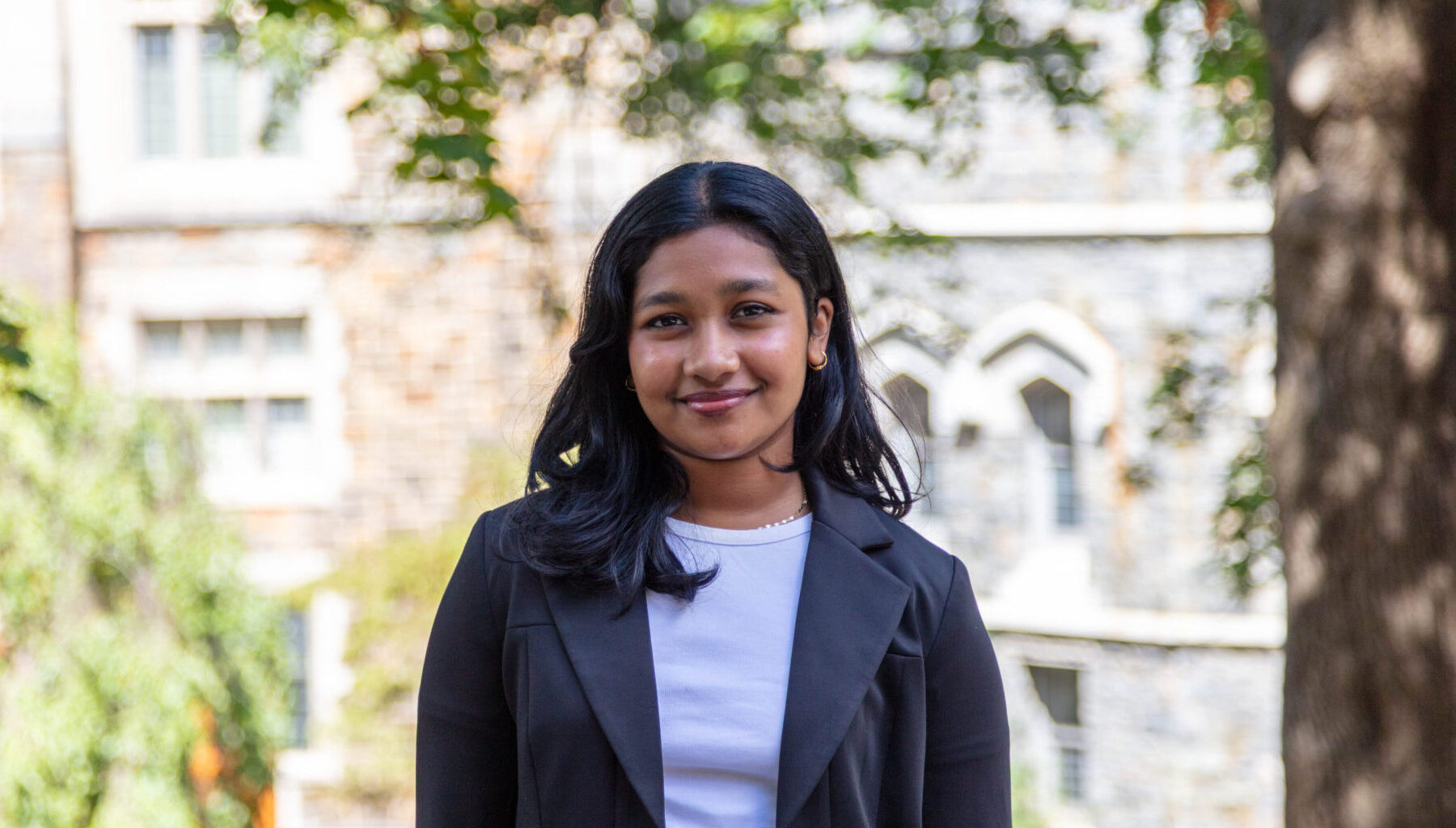Growing up, my family and I drank tea at our round dinner table every evening. As we sipped tea, we’d talk about how our day was going and share stories, big or small.
One evening when I was 13, my grandmother was telling my mom and me a story about a man whose anger issues were affecting his relationships.
My mother and I argued that anger couldn’t excuse his bad behavior or its impact on his family.
My grandmother had a more empathetic view. She thought the emotion itself was making him act terribly. It wasn’t his true self acting this way, so it wasn’t entirely his fault.
None of us changed our minds, but that wasn’t the point. Growing up, arguments like these became a tradition.
My grandmother, who grew up in a rural village in Bangladesh with almost no access to technology and education, saw the world differently than my mom who was raised in the busy capital of Dhaka, Bangladesh.
My mom grew up in a stable, educated household, while my grandmother grew up in a place where education and family support were scarce.
Consequently, my mother’s education consisted of books and family teachings, while my grandmother learned primarily from experience and the world around her.
Their perspectives often collided, but their disagreements never felt hostile.
It was quite the opposite.
Each disagreement revealed more about how they’d grown up and how their experiences shaped their values. If anything, these disagreements inspired connection and curiosity.
I quickly learned that when people disagree, they don’t just share opinions — they share worlds.
When I imagined college, I imagined these disagreements happening often. In classrooms, study sessions, dorm hallways and late-night hangouts, I pictured conversations that felt like portals into people’s lives, opening doors to knowledge and truths beyond my own.
But in reality, these conversations are a lot rarer than I expected.
Lehigh is the most diverse place I’ve ever been, yet paradoxically, it often feels like we’re all the same.
Regarding topics like artificial intelligence in education or social issues dominating the news, I often hear the same perspective echoing across rooms. It seems as though there’s a mutual agreement or unanimity everywhere.
But given how divided the world is, I know that can’t possibly be true. People are scared to disagree, and I understand why.
It’s easy to worry about being misunderstood, judged or shunned by people we care about. But I think we lose something essential to human connection when we avoid disagreements.
The people I feel closest to are the ones I openly disagree with — the people I trust enough to share differing opinions with, knowing it won’t be a bridge that divides us, but one that connects us.
These moments pull back a curtain and allow me to learn about other’s values, beliefs, childhood, aspirations and experiences I otherwise wouldn’t have known. They allow me to truly know them — not just who they are, but also what made them that way.
My grandmother empathized with the man struggling with anger issues and saw it as a struggle, not because she was softer than me and my mom, but because she’d seen it before and knew how it could affect people.
It was a life experience that had shaped her values. If we hadn’t disagreed and I hadn’t asked why, I would’ve never known about that part of her life.
That’s the power of disagreement — it allows us to see the context behind people’s thoughts. It allows us to understand each other’s perspectives and put our preconceived notions aside.
If we lose the ability to disagree, we also lose the ability to understand one another. We’ll lose the ability to view thoughts and values from another’s lens and will continue seeing everything through our own lens, limited by our experiences.
This can only lead to disconnect and division.
So when I think back to disagreements over tea with my family, I remember them as moments that bonded and connected us. I think of them as moments that challenged me to think more deeply about people, especially those who think differently than I do.
Maybe that’s the beauty of disagreement. Listening and caring not because everyone thinks the same way, but because everyone doesn’t.
In a world where people avoid being candid out of fear of judgement, we should try our best to muster the courage to speak our minds and listen to others without disparagement.
I believe the world could benefit from disagreements that foster empathy, understanding and connection.

